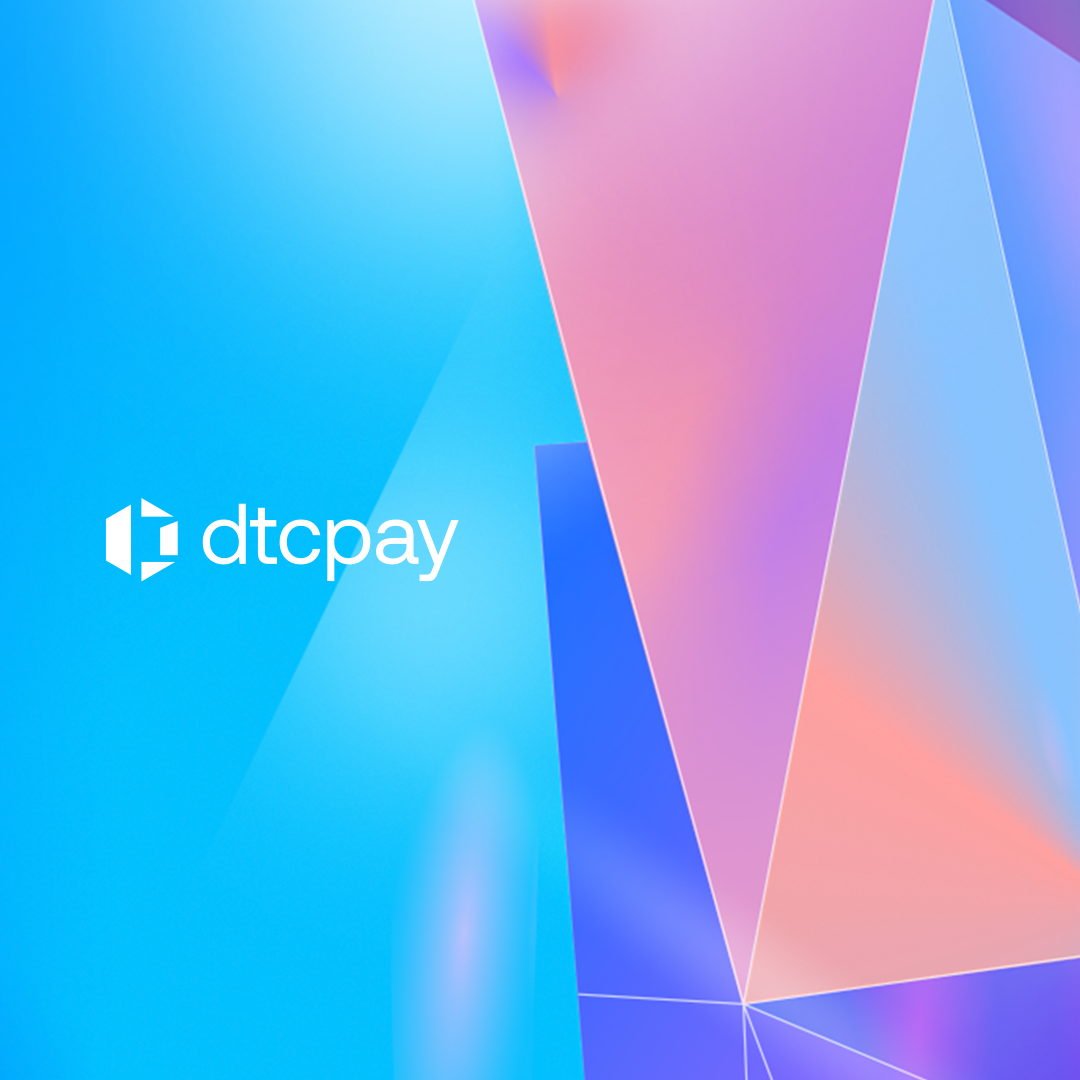Media Feature
Singapore’s dtcpay Allows Crypto as Payment Method
As featured on UPYO, 14 Nov 2023
14 Nov 2023 • 2 mins Read

As featured on UPYO, 14 Nov 2023
Dtcpay, a Singapore-based company, is introducing a new payment system that enables customers to pay in-store and online using fiat and cryptocurrencies.
The company’s announcement mentioned Tether, Ether, and Bitcoin among the supported cryptocurrencies. Dtcpay has partnered with PlatON, an open-source blockchain company, to create a privacy-protected digital infrastructure.
Additionally, they have partnered with Allinpay International to develop smart terminals and digital interfaces. Both PlatOn and Allinpay are based in China. Dtcpay and Allinpay are registered as major payment institutions with the Monetary Authority of Singapore (MAS).
A spokesman for Allinpay parent company Tonghua International, said:
“This cooperation will […] Help merchants better adapt to the modern payment trend and meet the needs of young consumers.”
Dtcpay will allow the exchange of fiat and cryptocurrency and also integrate new cryptocurrencies into its service. The platform provides point-of-sale and online checkout services.
In September, Dtcpay partnered with London-based Sumsub to offer Know Your Customer services for its digital wallet. It also agreed with Singapore POS provider Jeripay to provide crypto payment services on its 8,000-terminal network.
Founded in 2019 as Digital Treasures Center, Dtcpay has been a Mastercard Start Path program participant for crypto and blockchain startups since November 2022. It secured pre-seed funding from the Pontiac Land Group real estate conglomerate in June.
Electronic payment is quite common in Singapore. The country has been recognized for its progressive regulations on cryptocurrency, with a particular emphasis on consumer protection. In October, both Coinbase and Ripple obtained major payment institution licenses from the Monetary Authority of Singapore.
Additionally, Singapore is currently exploring the use of central bank digital currency, although the MAS has noted that it does not currently see an immediate need for a retail CBDC.
Link to this article-
https://www.upyo.com/en/article/singapores-dtcpay-allows-crypto-as-payment-method















